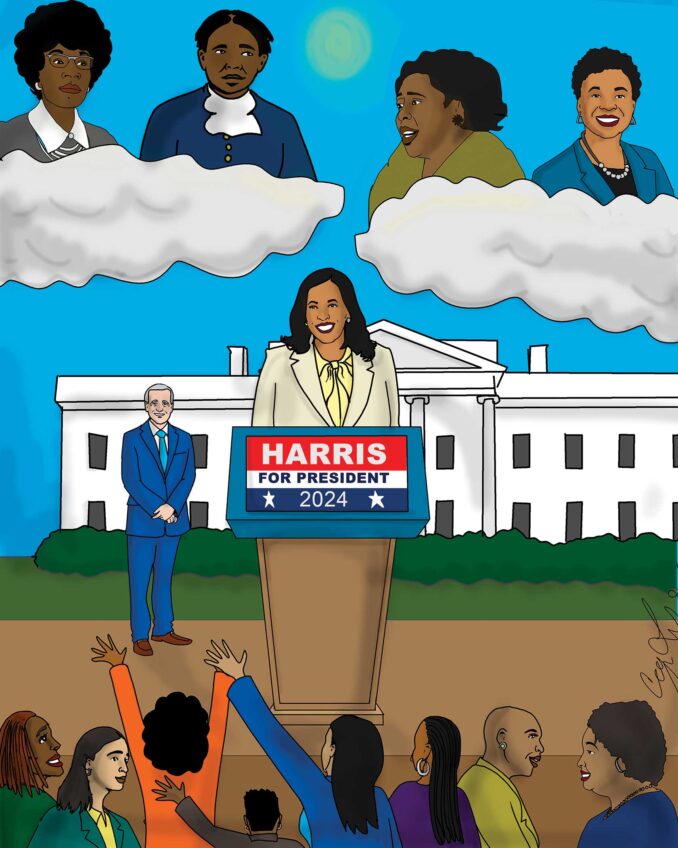
Techno-excess
The new technologies have enabled teens to create their own virtual worlds. The rapid growth of daily texting has caused some concern. An estimated 75 percent of 12-17 year olds have cell phones and 72 percent of teens text, either on computers or cell phones, according to a recent Pew Research Center report. This is a big jump from the 51 percent who were texters as recently as 2006.
There is some concern now whether texting and other forms of so-called social networking are having a harmful affect on the social and intellectual development of the young. The growing reliance on texting has become a major source of worry. The Pew study found that one-third of teens send more than 100 text messages a day, and half send more than 50.
Text messaging has clearly become the daily communications medium of choice for more than a majority of teenagers (54 percent). Only 38 percent rely on cell phone calls and only one-third talk face to face. Now only 11 percent rely on daily e-mails.
Before the invention of today’s technological marvels, the only choice for teenagers was to hang out with their friends and have personal contact. Also, extensive telephone conversations were sometimes possible if parents had contracted for unlimited service. With this interpersonal contact, teens were able to acquire an understanding of the forms of communication that did not rely solely on the printed word.
Good poker players are skillful at discerning an opponent’s “tell,” subtle expressions that indicate his real reaction to the value of this hand. From a young age, most people acquire an understanding from facial expressions and body language whether a person is pleased, angry, upset or indifferent. These lessons are learned only from face-to-face contact. Reliance on texting fails to provide the demeanor information that is available in conversations.
The language of conversations is rarely eloquent, but it is absolutely sophisticated when compared with the primitive symbols of text messages. The English language suffers another blow with the 140 character limit for Twitter messages. Although it is still too early to know for certain, but there is every reason to be worried about an impending deterioration of formal language skills.
It is ironic that technology to facilitate communication could actually result in its erosion, and the development of social networking sites could ultimately lead to its estrangement.
Vote No on extra 5 percent
The labor arbitrator in the Boston firefighters opinion has come to a bizarre conclusion. He has determined that Boston citizens have no right to require that firefighters report to work sober. The imposition of random drug and alcohol tests, he has decided, would require an extra 5 percent raise for the firefighters.
The logic is baffling. The testing requirement was not arbitrary. Two firefighters died in a fire, and both were allegedly in violation of the rules, one with alcohol and the other with illegal drugs. So now the taxpayer is supposed to be penalized because the department failed to follow the rules. Why should the citizens pay a fine because the people had to take steps to assure that they are getting what they have already paid for?
It’s time for the people to protest such an outrage. Where are the Tea Party folks when you need them?






